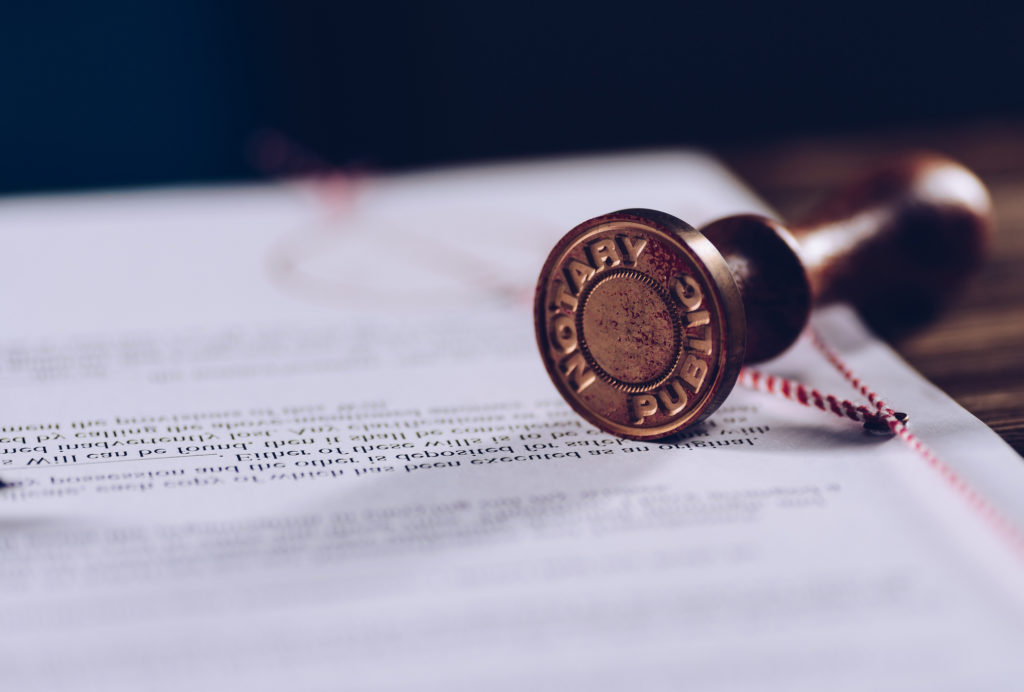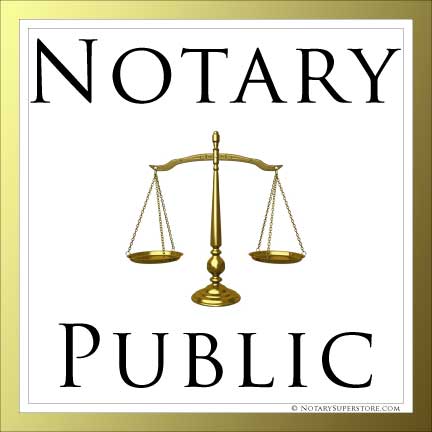Demystifying Notarial Work: Simplifying the Duty and Relevance of Notaries
Their role, commonly shrouded in enigma for lots of, brings significant weight in making sure the credibility and integrity of essential documents. By unraveling the complexities bordering notarial practices and dropping light on the value of their acts, a more clear understanding emerges of the important duty notaries play in maintaining the fabric of lawful and legal agreements.
The History of Notarial Job
The history of notarial work days back to ancient people, where scribes played a crucial function in videotaping vital information and confirming records. This led to the growth of notaries, individuals designated by the state to act as neutral witnesses in legal issues.
During the Middle Ages, notaries got prestige in Europe, with their functions broadening to consist of drafting legal records, certifying signatures, and protecting documents. The increase of worldwide profession better emphasized the relevance of notarial operate in confirming contracts and contracts throughout boundaries.
In the modern-day period, notaries continue to play a crucial function in lawful and business transactions by confirming identifications, validating the credibility of records, and stopping fraudulence. Their duty in licensing the validity of arrangements adds a layer of safety and depend on to the ever-evolving landscape of business and law.

Obligations and Duties of Notaries
Notaries play an important duty in confirming the credibility of files and the identification of signatures. One of their primary duties is to witness the finalizing of essential records, such as wills, deeds, and agreements, to guarantee that all events are entering into arrangements intentionally and voluntarily.
They accredit duplicates of initial records, supplying guarantee to organizations that the copies are real replicas of the originals. In general, the responsibilities and duties of notaries are important in securing the stability and validity of various documents and purchases - Conveyancer.
Notarial Certificates and Signatures
Exhibiting meticulous focus to information, notarial certificates and signatures function as vital elements in verifying the authenticity of lawful records. Notarial certifications generally include essential information such as the day of registration, the names of the notaries, a description of the record, and the notary's official seal. These certifications give a clear record of the notarial act, guaranteeing that the document can be quickly identified and mapped back to the notary who supervised the procedure.
Trademarks play a pivotal duty in notarial work, as they signify the contract and permission of the parties included. Notaries meticulously witness the finalizing of files to verify the identity of the notaries and confirm that they are authorizing of their own cost-free will. By attaching their official seal and trademark to the file, notaries license that the required procedures have been adhered to and that the record is enforceable and legitimate.
Basically, notarial certifications and trademarks are the trademark of credibility this hyperlink in legal deals, providing guarantee to all events involved that the records are legitimate and binding.
Value of Notarial Acts

Notarization Refine Clarified
Clarifying the notarization procedure offers quality on the essential steps associated with verifying lawful records. The registration procedure generally starts with the specific offering the document to a notary public. The notary after that validates the signer's identity with acceptable identification methods. Once the identification is confirmed, the notary ensures that the individual authorizing the paper does so voluntarily and with no article source browbeating.

Verdict

Notarial certificates typically contain important details such as the day of notarization, the names of the signatories, a summary of the paper, and the notary's main seal. These certifications provide a clear document of the notarial act, making certain that the document can be easily determined and mapped back to the notary that looked after the procedure.
By affixing their main seal and trademark to the document, notaries certify that the necessary treatments have been followed and that the document is enforceable and valid.
By verifying the identification of the notaries, verifying their desire to enter right into the arrangement, and accrediting the date and place of the signing, notaries play a crucial role in upholding the legitimacy of legal records.After the paper is signed, the notary will certainly fasten their main seal or stamp onto the record.